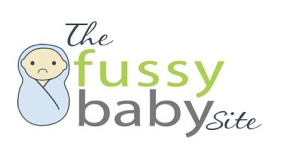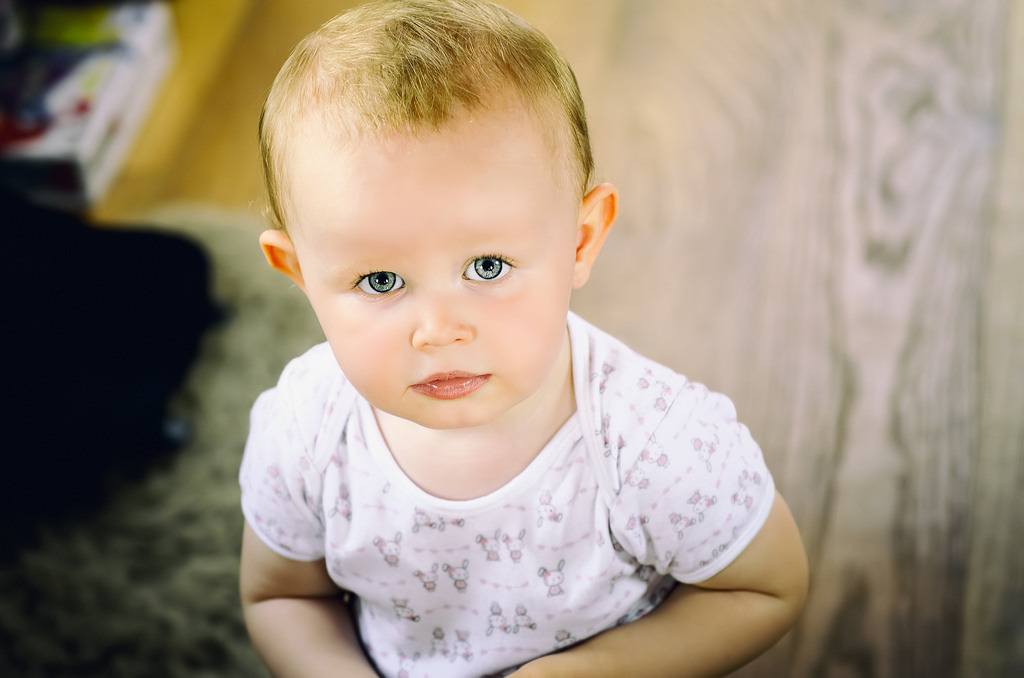- You are here:
- Home »
- Blog »
- High Need Babies »
- Stop Crying, Calm Down, and Other Things We Tell Our High Need Kids
Stop Crying, Calm Down, and Other Things We Tell Our High Need Kids
“Why won’t you stop crying already!”
“Why are you crying…there’s nothing wrong”
“Don’t make such a fuss about such a little thing…sheesh”
“Calm down!”
“Stop acting like a baby!”
Any of these sound familiar?
I know I’ve said each of these things…more than once.
When your child cries, screams and fusses pretty much ALL the time, it’s inevitable that you’re going to feel (it not say), all of these things at one time or another.
But while it may be common and understandable to think these things, are they really the BEST things we can say to a highly-sensitive, intense child?
My Sammy cried – frequently – right from the moment he was born. As a toddler, he spent much of his day whining, fussing or screaming.
Over the years, we’ve come to understand that he had a big personality trapped in a tiny body with an underdeveloped brain.
In other words, all those times he was crying or screaming, he wasn’t trying to be bad, or difficult, or temperamental.
He was simply unable to cope with that particular situation in that particular moment.
Developmentally and emotionally, he wasn’t at the same stage as many other babies and toddlers his age. While many of them had more easygoing temperaments, he felt everything with great intensity – the discomfort from his wet diaper, the distress when I left to use the restroom, the pain from his mild reflux.
And rather than whimpering or fussing about it, he would cry, scream and screech.
As he got older, he continued to feel things very intensely: frustration at needing to be strapped into his car seat against his will, utter helplessness at being made to eat something he found to be “too mushy”, anger towards his sister when he felt she was getting more attention than him.
And rather than “using his words” or even just crying about it, he would have a full-on, uncontrollable meltdown.
At the time, I admit, it often felt like Sammy was out to get me. That he was crying and screaming almost to spite me…or because he somehow wanted to be difficult….or wanted to make things difficult for me.
While this sounds silly when you see it in black and white, it’s something I think many of has felt at some point.
The thing is, when we start to realize that our kids are simply responding to their BIG emotions in the only way they know how – at least for now – it removes some of the frustration we may feel. It helps us start to develop empathy and compassion for what our child must be feeling.
It changes our mindset from simply feeling like we need to STOP the crying, to wondering: How can I help? What big emotion must she be feeling right now that’s overwhelming her?
So, what can we say instead of simply, “Stop your crying” or “Calm down”?
The next time you find yourself thinking or saying one of the phrases above, try one of these instead. You’ll be surprised at how it can change your feelings towards your child, give you more patience and empathy, and even change how your child responds!
For babies:
“It’s okay to cry”
“Mommy’s here”
“I know you’re sad”
For toddlers and preschoolers:
“I know you’re so sad/frustrated/angry”
“It’s okay to be sad/frustrated/angry. It’s not okay to hit/bite/throw. Let’s go _______.” (some form of distraction)
“I know you really want mommy to pick you up. As soon as you can use your quiet voice (instead of screaming), I’ll do that.”
“I know you feel SO overwhelmed by___________! Let’s go do something together to get your mind off it.”
Does this mean anything goes and any type of crying or screaming is okay?
Not at all.
Of course, with a high need baby, we’ll often need to troubleshoot their crying or screaming. We can use many different techniques to soothe our fussy baby.
Sometimes these strategies will work and sometimes they won’t, but we need to keep trying.
For toddlers and preschoolers, we can definitely start to teach them acceptable ways of expressing their big feelings.
Notice I didn’t say we should be STOPPING their big feelings!
Giving names to and empathizing with their emotions will go a long way to helping our child feel accepted, important and loved for WHO HE IS (not in spite of who he is). It will also – over time – help him identify those big emotions, making them a little less scary and a lot more manageable.
Telling our kids things like, “You have such a BIG personality” or, “I love that you feel things so intensely!” will help us AND them to appreciate and value their temperament.
It’s also okay – and right – to set limits in how they express their feelings as they get older.
When our child is melting down and can’t seem to come out of it on their own, we should help them by distracting and redirecting them to take their focus off their big feelings…not by punishing, threatening or telling them, “You’re acting like a baby”.
When our child reacts in ways that could hurt something or someone, we should stop them. For instance, by moving them to another room, by holding an arm that won’t stop hitting, or by telling them that a behavior isn’t okay. Note that it’s not the feeling that’s not okay, it’s the way they’re expressing that feeling that needs to change.
Remember that how we respond to our child’s big feelings is how they’ll think about their own feelings both now and in the future.
These are the words and truths that will become part of their inner dialogue as they get older.
This is a big responsibility!
But one that will be well worth it as we see our kids accept and value their unique, strong personalities as they get older.
Photo credit: AFEXPhotography Amelia 21 months via photopin (license)
Other Posts You May Like
Dealing with Defiance in Your Spirited Toddler or Preschooler
Stop Crying, Calm Down, and Other Things We Tell Our High Need Kids
50+ Best Toys & Products for Spirited Kids, 0-5: Christmas Gift Guide
“Why are You So Tired?”: Here’s Why New Moms Are Walking Zombies
The Fussy Baby Site Goes to Facebook HQ!
How to Raise a Dragon Baby

